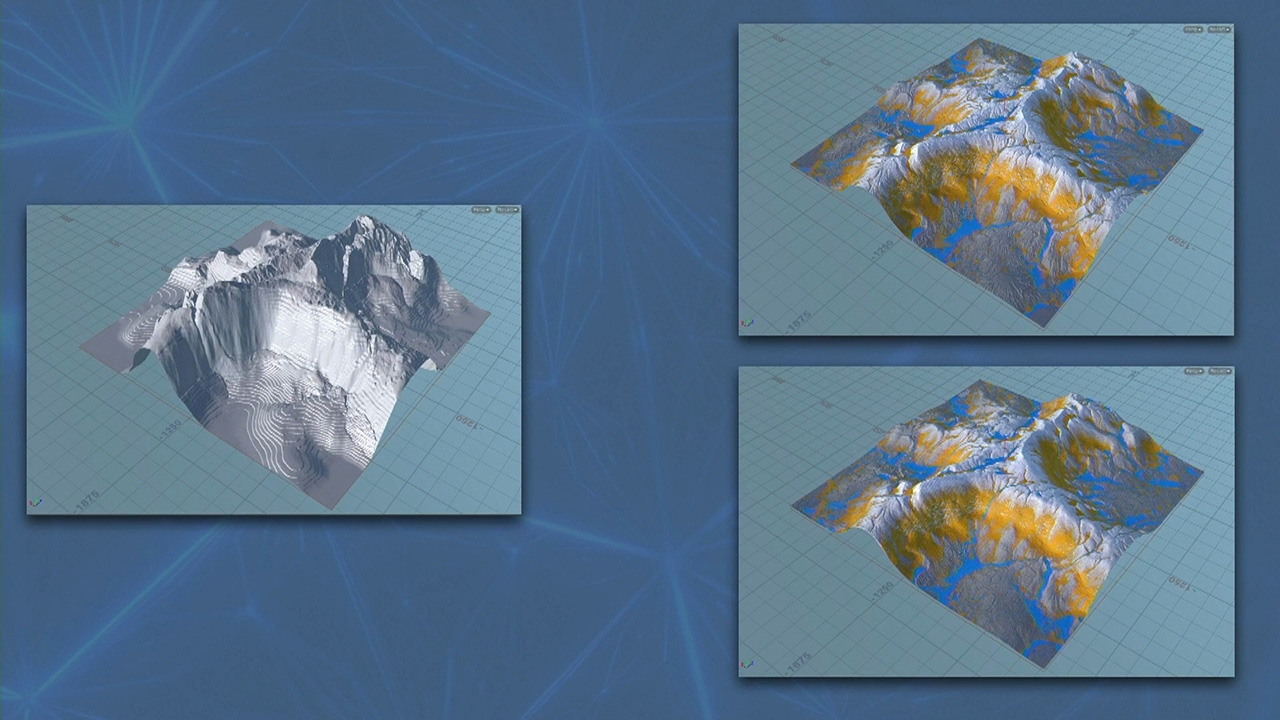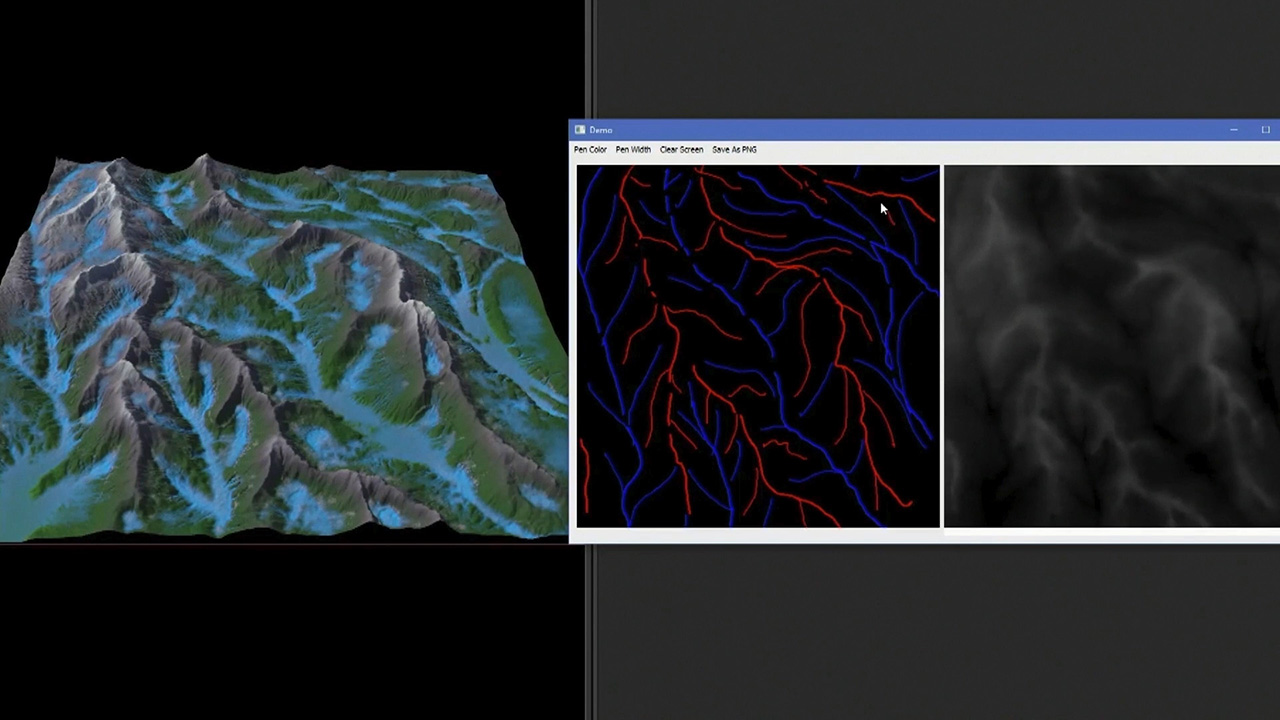At the launch of Houdini 17.5 / PilotPDG we showcased PDG's application in Machine Learning in the form of data synthesis, data augmentation, and hyper-parameter space search. This lesson showcases the data synthesis and augmentation aspects of PDG to further knowledge in this area.
The topic of hyper-parameter space search in Machine Learning covers concepts and ideas that lie outside the scope of this lesson.


COMMENTS
wesw 6 years ago |
Been waiting for this one, thanks for releasing!
pclaes 6 years ago |
Thank you for these!
Would be great to share some links/pointers in regards to:
"The topic of hyper-parameter space search in Machine Learning covers concepts and ideas that lie outside the scope of this lesson. "
For now I'm going to start learning more about pytorch. and machine learning.
https://pytorch.org/tutorials/
Would be great to share the second part specific to the machine learning portion too. Or put a masterclass together on that - I would think a lot of houdini power users would want to extend Houdini/PDG with machine learning knowledge.
zhaoxinchen007 6 years ago |
I can not read flt file
mobel 6 years ago |
@pclaes: I can recommend the 5 course intro to machine learning by Andrew Ng. He goes into the barebone maths. Course one is mostly about backpropagation and fundamentals, at the end of course 1, but specifically during course 2, it is all about hyper parm optimization and tuning. Very nice one: https://www.coursera.org/specializations/deep-learning
pclaes 5 years, 12 months ago |
Thanks for the recommendation Patrick, I will check out the coursera lectures.
mobel 5 years, 12 months ago |
On another note: I seem to be having the same problems as zhaoxinchen007 , unable to read USGS *.flt files. Is this something that Houdini should be able to do? Tried to convert the flts to dxf files but couldn't find a suitable converter right away...
takanori 5 years, 12 months ago |
Houdini supports .flt file after 17.5.174. You should upgrade to the latest daily build.
https://www.sidefx.com/changelog/?journal=&categories=&body=flt&version=17.5.174&build_0=&build_1=&show_versions=on&show_compatibility=on&items_per_page=
sascha 5 years, 5 months ago |
Thanks for making them available!
FranciscoMurias 5 years, 1 month ago |
Where can we find more about developing a ML Tool like the one shown in the second tutorial? Is the source code available somewhere?
I would love to find more about its development and learn to do something similar with ML
dpernuit 4 years, 10 months ago |
Just a quick note for those of you looking to use the Terrain_Gen sample with H18:
- you will actually need to replace the "decompress_downloaded_files" with a new one, as the file_decompress node has changed between H17.5 and H18.0.
Just create a new decompress TOP, and copy the value of the "Output Folder" param 1from the old file decompress node.
You should be able to cook the graph without any issue after that.
Eche 3 years, 10 months ago |
The example files only contain the preprocessing steps, none of the ML implementation shown in the video.
pixelpicnic 2 years, 8 months ago |
The example urls of the USGS data appear to no longer work.
What format does this topographical data come in?
Are there updated links, or something similar I can try with this example?
Thanks!
CoreyMetcalfe 2 years, 1 month ago |
Machine learning models are based on high-quality and relevant data. It guarantee with effectiveness and accuracy. Data preparation is about transforming, cleaning, and organizing, isn't it? I am truly trying to learn it as hard as I can, but sometimes I need https://edubirdie.com/write-my-paper , the service which can help me to write my paper on machine learning. Prepare data is a step that requires hight technical expertise and domain knowledge to ensure accurate and useful machine learning models.
Please log in to leave a comment.